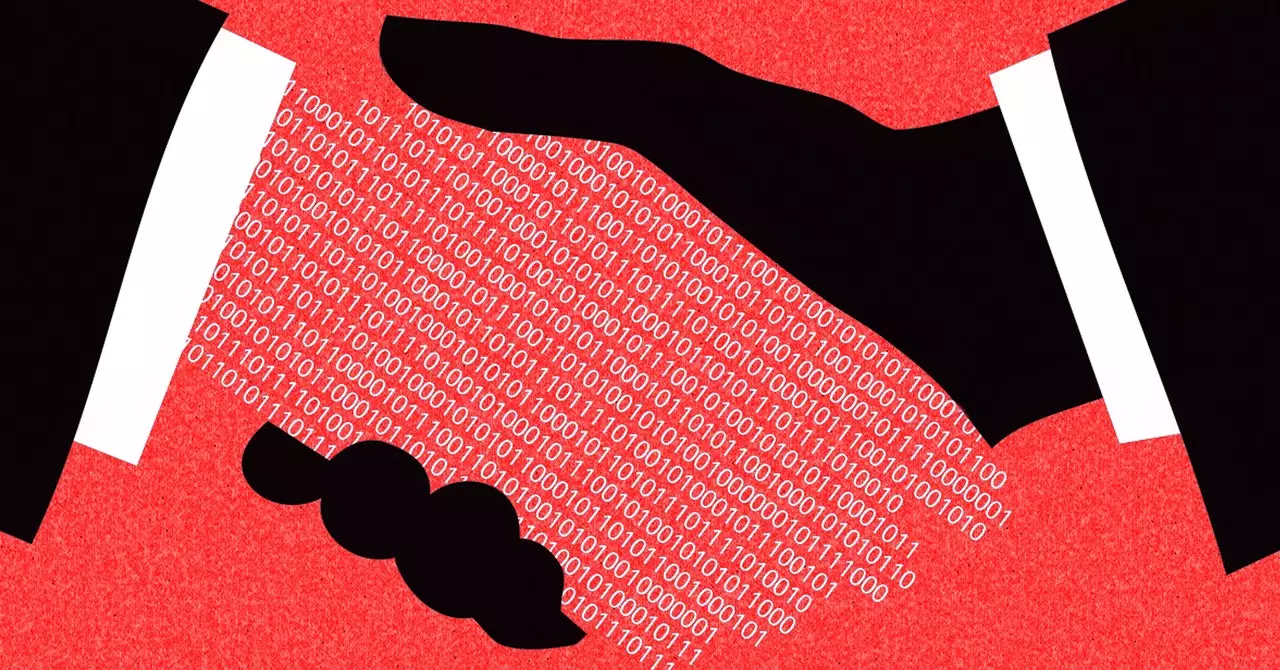In the rapidly advancing world of artificial intelligence, the relationship between technology and content creation has often raised eyebrows, particularly regarding the ethics of data sourcing. AI companies have historically utilized vast amounts of online content without proper authorization, leading to a contentious debate about intellectual property rights in the digital age. Calliope Networks is emerging as a pioneer in what could be a groundbreaking shift in this paradigm. Their “License to Scrape” initiative promises to facilitate a legally sound framework for AI companies to leverage YouTube content while ensuring creators receive their due recognition and compensation.
CEO Dave Davis spearheads Calliope Networks, bringing extensive experience from his tenure at the Motion Picture Licensing Corporation. His vision for the company responds to a clear market demand: AI firms are aggressively seeking legal pathways to harvest video content from platforms like YouTube. Unlike their contemporaries, such as Reddit, which have established agreements with prominent tech firms, YouTube has remained a largely untapped reservoir regarding formalized AI collaboration. Davis’s approach aims to streamline this process, reducing the complicated hurdles creators often face when trying to monetize their work in the AI arena.
The core concept of the “License to Scrape” hinges on collaboration rather than confrontation. By facilitating a collective licensing approach, Calliope can negotiate a comprehensive agreement with multiple creators. This not only empowers YouTube stars by providing them with an avenue for income but also simplifies the licensing process for AI companies seeking large volumes of training data.
To make the licensing initiative viable, Calliope Networks employs a strategy centered around critical mass. By encouraging YouTubers to enter into contractual agreements with the platform, Calliope can aggregate a substantial amount of content, estimated between 25,000 to 50,000 hours, which is pivotal for attracting substantial AI partners. This method reflects an understanding that in the data-driven world of generative AI, quantity is equally as important as quality.
Once contracted, the creators’ work will be sublicensed to AI companies, with Calliope taking a modest percentage of the licensing fees. This innovative model borrows from successful practices in the music industry, inspired by organizations like Broadcast Music Inc. (BMI) and the American Society of Composers, Authors, and Publishers (ASCAP). Such analogies showcase the adaptability of content licensing systems across industries, highlighting the potential for growth and cooperation in the evolving AI landscape.
Despite these promising developments, the “License to Scrape” initiative faces hurdles in establishing itself as a trusted model within the AI ecosystem. To date, there are no well-known figures advocating for the initiative, which puts pressure on Calliope to garner broader support from YouTube’s creator community. The recruitment phase is critical, and Calliope’s ability to attract a diverse collection of influencers will determine the initiative’s perceived legitimacy and potential success.
However, not all is bleak; the feedback from early discussions with influencers has proven to be encouraging. Partnering with influencer marketing agencies like Viral Nation, which boasts a roster of almost 900 YouTube creators, offers a promising launchpad. Bianca Serafini, head of content licensing at Viral Nation, indicates a strong likelihood of participation from creators who see intrinsic value in licensing their work to AI companies.
Ultimately, Calliope Networks stands at the forefront of a potential cultural shift within the technology and content creation spheres. By advocating for a licensing model that prioritizes creator rights, Calliope not only addresses ethical concerns surrounding AI training practices but also fosters a new era of collaboration between content creators and technology companies. The success of the “License to Scrape” initiative may well determine how content is utilized in the age of AI, reshaping the landscape of digital content consumption, compensation, and respect for intellectual property rights. As the program unfolds, it may serve as a vital blueprint for other entities seeking to navigate the complex intersection of technology and creativity.

